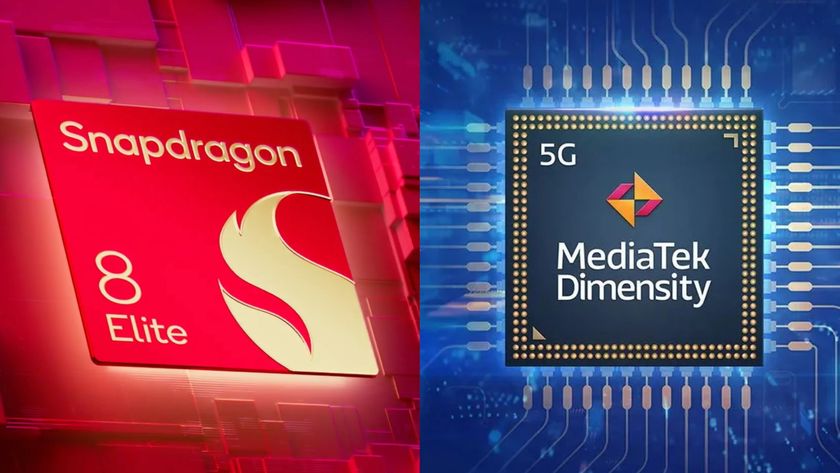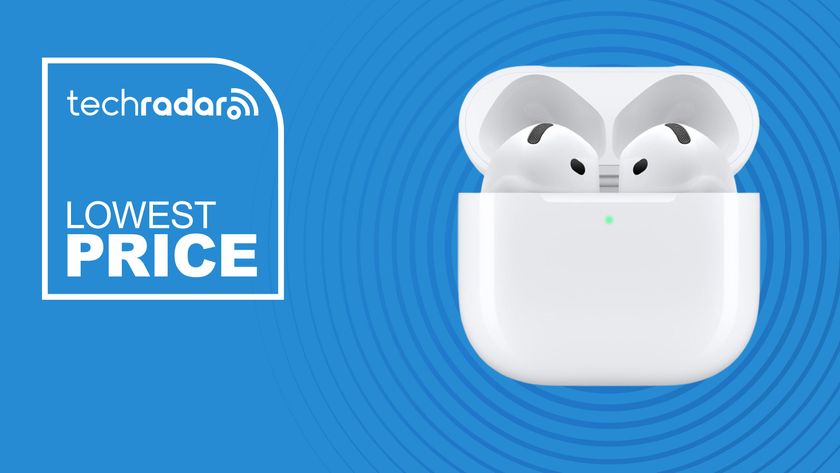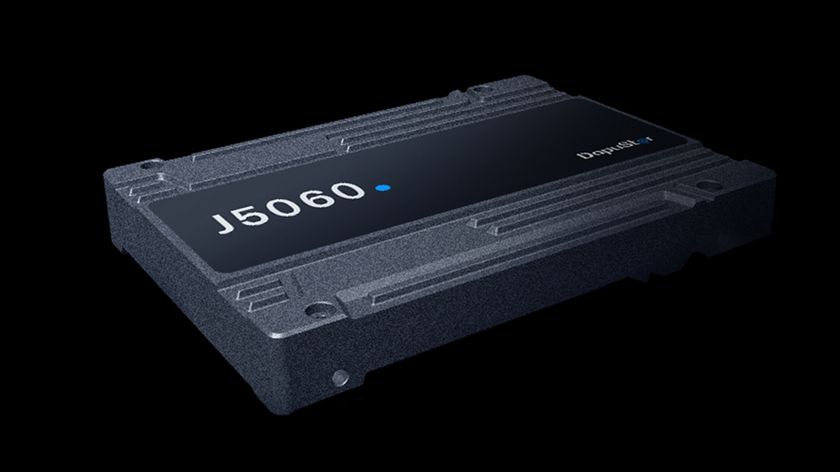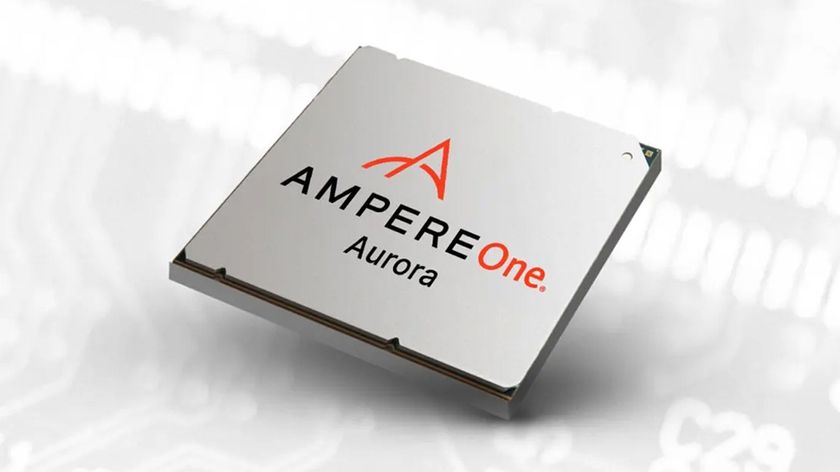What's next for Blackphone: App store, Silent Spaces and new phones
We were THIS close to having a Cold War-era RedPhone
Who benefits most from Blackphone's early 2015 update?
TWJ: It's going to be folks who dip their toes in two different worlds. Enterprise is the most obvious consumer, because they've got a work life and then they go home.
There's also a lot of private individual users where they maintain a personality, which is in effect their public or their online or personal information footprint - their Twitter handle for their blogs and their Facebook profile and whatever else. And it is all a carefully managed public persona. It's not the stuff they use for their own personal friends and family, and ordering stuff from Amazon.

Anybody who recognizes that there is a need to have separate and distinct identities is going to see an immediate benefit from this technology. We don't want to say that it's only suitable if you're a Fortune 50 megacorp. It's clearly a much wider proposition than that.
What apps will I see in the Blackphone app store?
TWJ: Initially you're going to see some of the classical functions: Mail encryption, password managers, and so forth. Our goal is to not at have 100,000 apps. Six to 12 months in, if we can have 500 or 1,000 apps that we knew were really good and we know a lot about them and had good relationships with developers, that would be a huge success. If you want the latest game tied to the latest Hollywood blockbuster, there are lots of places you can get that, and there's no problem with that in principle, there's no advantage to us in replicating that type of inventory.
We want to create a method of engagement with publishers. That's where you're going to see a lot of the work. It's a moving target. We're going to come out with the initial launch and go from there.
Get daily insight, inspiration and deals in your inbox
Sign up for breaking news, reviews, opinion, top tech deals, and more.
When the app store first opens, you're going to see some apps that are related to ones already on the phone or from the same developers and you'll see a few other things we've found that we think are interesting to our customers. You'll also see a push on how to submit and what kind of vetting you're going to go through. We want the customers to launch their own interest and say "I'd love to see an app that can do A, B and C."
What's next for Blackphone from a hardware perspective? Annual phone updates?
TWJ: We'll have more details in the new year on the Blackphone tablet we've already talked about. Then there will be more phones and potentially other interesting devices as well.

We're not prepared to share any of the particulars just yet, but once 2015 kicks off and we get through this initial rollout of this next major upgrade of the operating system, I think you'll see us starting to make noise about our hardware plans for the following 12 months.
Is Blackphone becoming what some are calling "the anti-Google?"
TWJ: I don't know if that's how I'd frame it. I mean, clearly, we do things differently in different ways, but we're also seeing Lollipop converge on some of the ideas we've been making a lot of noise about. And we think that's great for the consumer. It sort of blurs the line between choosing functionality over security, and that's good for everyone.
If Google is able to generate market awareness and user knowledge via their own technology releases and marketing efforts, which are consistent with the message that I'm already promulgating, then I'm happy about that. There's plenty of room for innovation. There's plenty of room for a specialized niche product like Blackphone.
I don't think I'd frame us as anti-Google. I think what we do is offer a more focused experience. That means, of course, there are some trade-offs. But we're also seeing the industry rally around some of the traditional inconveniences of security and find clever ways to reduce that burden as well.
Last big question: Why is there no Whitephone?
TWJ: [Laughs] You see will a more diversified product naming convention come to light. Blackphone, as name, has a certain historical preciscent and association with it. One of the hooks we were going for was the super secret red phone that we've always seen in media images between Washington and Moscow. That was actually the association we were kind of playing with when the original naming came out.

Broadly, you will see other product names and some other associations that we think are meaningful in this kind of duality of wanting to have a presence, where your personal information is your currency, but at the same time wanting to be in control of it.
How far did that idea of the Red Phone get?
TWJ: Some of the folks who were involved have been in various aspects of special services, US military and these sorts of things. So it was a familiar metaphor, and in certain cases a literal thing. The choice of a color in the product name was nothing more complex than that.
We liked the idea that you had a trusted point of communication, and that you had absolute certainty that you knew who you were speaking to at the other end, and that's where it started.
- 1
- 2
Current page: App selection, new phones and the RedPhone
Prev Page App store, Silent Sapces and Knox comparison











